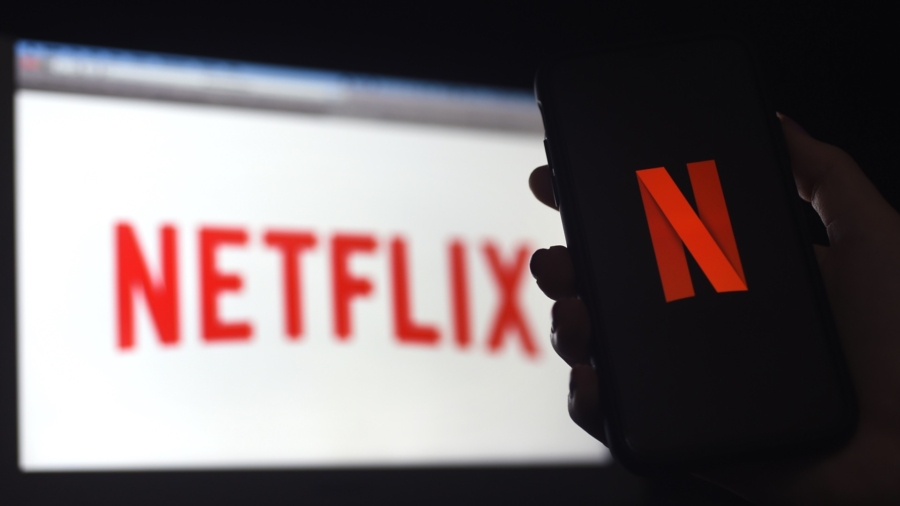U.S. streaming giant Netflix Inc. confirmed it will not add 20 free-to-air Russian TV channels to its platform, which the streaming service could be obligated to carry out under Russian law.
“Given the current situation, we have no plans to add these channels to our service,” a Netflix spokesman said in a statement on Monday, referring to Russia’s attack on Ukraine.
Politico first reported that Netflix, which launched its service in Russia in October 2020, would fall under the new Russian regulations requiring compliance from March.
The regulations, overseen by Russia’s communications regulator, Roskomnadzor, require audiovisual services with more than 100,000 subscribers in that country to distribute 20 free-to-air news, sports, and entertainment channels.
The spokesman did not disclose how it would avoid the regulation and said it is monitoring the situation closely. Netflix’s service will continue to be available to people in Russia.
The streaming giant joined a string of major tech companies that have recently blocked content from Russia, including Facebook, Google, Twitter, and Microsoft.
Google barred the likes of RT and Sputnik and several other Russian channels from earning money for ads on their websites, apps, and YouTube videos, in line with recent EU sanctions.
Facebook parent company Meta Platforms on Monday said it will restrict access to Kremlin-backed news outlets RT, formerly known as Russia Today, and Sputnik on its platforms across the European Union.
Elsewhere, Twitter said it is adding labels and reducing the visibility for tweets containing content from websites like RT and Sputnik, while Microsoft said it would remove RT apps from its app store, no longer display any state-sponsored RT and Sputnik content, and de-rank search results from Bing in an effort to “exposure of Russian state propaganda, as well to ensure our own platforms do not inadvertently fund these operations.”
The move by the companies come after European Commission President Ursula von der Leyen on Feb. 27 said the EU would ban RT and Sputnik, which she referred to as the “Kremlin’s media machine.”
“The state-owned Russia Today and Sputnik, and their subsidiaries, will no longer be able to spread their lies to justify Putin’s war,” von der Leyen said. “We are developing tools to ban their toxic and harmful disinformation in Europe.”
Katabella Roberts and Reuters contributed to this report.


